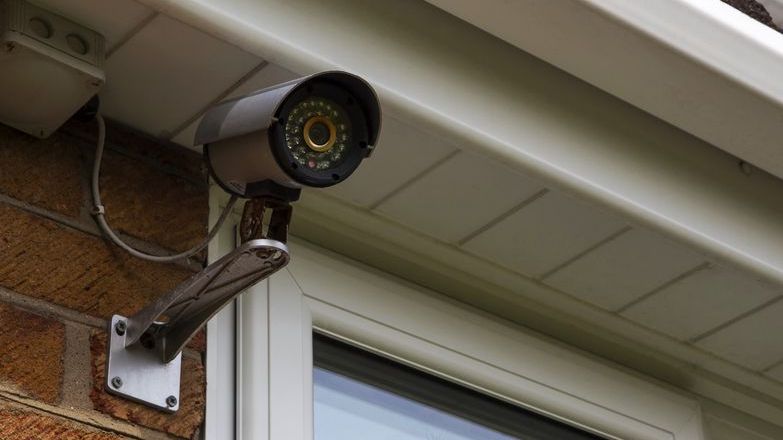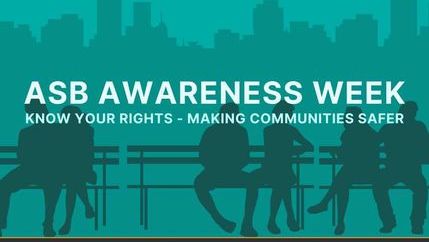
A clear definition of ASB is vital
The Anti-Social Behaviour Act (Scotland) 2004 offers a definition of ASB, but it does not consider people’s tolerances, and that even ‘low level’ ASB can adversely impact people, especially if it is persistent.
The problem of ASB is growing due to the chronic shortage of social housing pushing more vulnerable people with complex problems, including poor mental health and substance misuse, into the PRS.
Our members have reported that noise complaints, property neglect and vandalism, illegal subletting and overcrowding as well as substance abuse and criminal activity are the main concerns of ASB in the PRS, and greater guidance is urgently needed to support letting agents who are dealing with these potentially serious issues.
Propertymark supports ASB Awareness Week 2023
Running from 3-9 July, the theme of the week is Know Your Rights. Recent YouGov research commissioned by Resolve found that almost 1 in 5 people have had to consider moving home because of the impact ASB was having on them; 1 in 10 have actually moved. Despite this, over half who were either a victim or witness of ASB did not report it.
What can be done to support agents
Unlike the social sector, the PRS does not have access to specific resources or training to deal with ASB, so support from local authorities and the police is paramount.
Landlords and agents say that greater data sharing about tenants who commit ASB would help them in their roles. Engagement of this type has dropped off in many areas of the country since the COVID-19 pandemic, leaving property professionals unable to get in touch with key contacts for information and assistance.
One example of best practice highlighted by our members is the mediation service from Highland Council. Mediation services are very important to ensure that relations between landlords and tenants do not break down and ensure tenancies are maintained.
Agents are not alone in the fight against ASB
A Propertymark webinar on 21 June 2024 gave practical advice on how agents can effectively handle anti-social behaviour (ASB) by or affecting a tenant, where to access support, and how to prepare for an eviction hearing.
Challenges using First Tier Tribunals
Successful cases involving ASB as grounds for possession are rare, and we have anecdotal evidence that solicitors routinely advise landlords or agents seeking support in such cases to consider alternative grounds.
ASB is difficult to evidence, and gathering that evidence can be a daunting and unpleasant process for landlords, agents, or neighbours. Once a case does make it to court, the First Tier Tribunal system is very slow. Cases can take several months to be heard, during which time tenants often temporarily improve their behaviour. As a result, judges may dismiss the issue, only for the ASB to resume after the hearing.
Additionally, judges frequently accept promises of better behaviour at face value, with no mechanism in place to ensure the tenant follows through. For example, if substance abuse is at the root of the problem, there is no requirement for the perpetrator to provide evidence that they have stopped misusing drugs or alcohol.
Next steps
The Chair of the working group will produce a report for the Scottish Government by the end of the year. Propertymark will also engage directly with Ministers to communicate the comments and concerns of our members and provide evidence of the situation on the ground.







